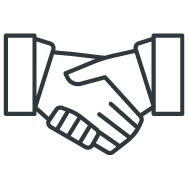Prevent incidents, monitor compliance and drive improvement
Ensure compliance with human rights and environmental due diligence regulations around the globe
Reduce risk by leveraging robust and credible third-party support
Develop supplier capability and improve ESG performance along the supply chain
Align your supplier audit methodology with national and international due diligence regulation

Regulatory Requirements: Supplier Audits in Context
While there are significant differences between the various initiatives, there is growing pressure on companies to install a proactive system to ensure compliance with human rights standards and environmental standards throughout the supply chain, in order to avoid penalties, reputational damage, and having products taken off the market.
Many legal initiatives and authorities explicitly or implicitly acknowledge the value of standards and audits in fulfilling due diligence obligations, creating a need for audit programs that are aligned with the human rights and environmental conventions protected by law.
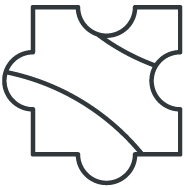
Integrating Supplier Audits into a robust Supply Chain Due Diligence Process
With the right accompanying measures, supplier audits can also contribute to the prevention of human rights violations and adverse environmental impacts. This is particularly the case when the audit standard prescribes preventive measures suppliers should take.
Lastly, supplier audits also contribute to the correction of adverse impacts. If an auditor finds that a site does not meet certain requirements of the audit standard, this is called a non-compliance (sometimes also called issue, deviation or non-conformity). This triggers a Corrective Action & Preventive Action (CAPA) workflow. For each non-compliance, sites will be required to analyze the root cause of the issue, and to define actions to fix the immediate issue (corrective action) as well to avoid reoccurrence of the issue (preventive action).
Once the site has defined the corrective and preventive actions within an established timeframe, the auditor will review evidence to confirm that the actions are appropriate, and close the CAPA process.
Thus, a robust audit looks beyond a snapshot of compliance and establishes whether a site has taken appropriate measures to reduce the likelihood of adverse impacts on human rights and the environment. In case the site does not comply with the relevant requirements, the process for implementing and verifying corrective and preventive actions commences.
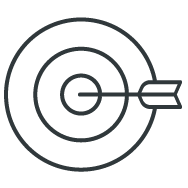
DQS approach
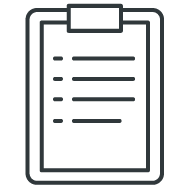
Regular Audits and Investigative Audits
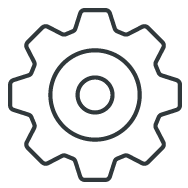
Supplier Due Diligence Audit Process
In the first step, we want to learn about your company, your ESG strategy, procurement policies, supplier code of conduct and the applicable due diligence requirements. Once the objectives, responsibilities and deliverables of the supplier audit program have been defined, you will receive a comprehensive proposal, tailored to your individual needs.
Supplier audits should be prioritized based on risk. If supplier self assessment questionnaires or risk ratings are available, we encourage our clients to share them with the auditor, to maximize efficiency and use the time on-site as effectively as possible. The auditor contacts the auditee to establish the audit agenda.
Depending on the project and client preference, audits can be conducted announced, semi-announced or unannounced. The audit will consist of a site visit, document review and interviews with management and workers. As the confidentiality of the worker interviews must be guaranteed, audits typically take place on-site. In specific situations, remote audits may be an alternative.
All findings are documented in a comprehensive report, which is made available to the auditee and the client. The report includes a scoring system for benchmarking purposes.
If auditors detect significant issues, auditees will be required to analyze the root cause of the issue, and to define actions to fix the immediate issue (corrective action) as well to avoid reoccurrence of the issue (preventive action). The auditor verifies through a document review or a follow-up audit that the proposed actions are appropriate.
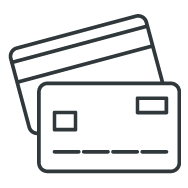
What is the cost of a supplier due diligence audit?
